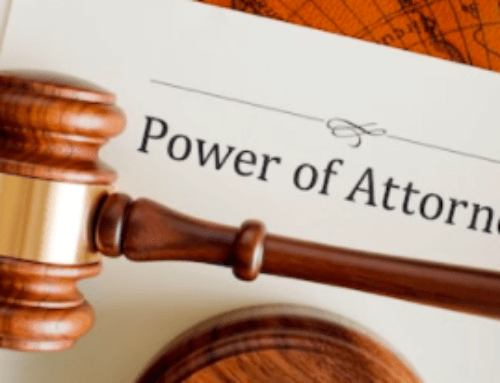What happens to my estate if I die without a Will?
If you die without making a Will, you are said to die intestate. In those circumstances, your estate (money, assets and property) is distributed in accordance with the rules set out under the Succession Act 1965. The rules of intestacy are strictly applied and therefore, are not flexible and do not take account of what your wishes would have been.
After payment of your funeral and testamentary expenses, the rules of intestacy set out that your estate is distributed as follows:
If you die leaving a spouse/civil partner but no children then your spouse/civil partner will take your entire estate.
If you die leaving a spouse/civil partner AND children, then your spouse/civil partner will inherit 2/3 of your estate and the remaining 1/3 is divided equally among your children. If you have a predeceased child, then that share goes to his/her children.
If you die leaving children but no spouse/civil partner, then your estate is divided equally among your children. If any of your children have predeceased you then their children will take their parents share.
If you die leaving parents but no spouse/civil partner or children, then your estate is divided equally between your parents or if only one parent survives then your entire estate is given to one parent.
If you die leaving brothers and sisters only , then your estate is shared equally among them. If you have a predeceased sibling then the child or children of that sibling will take their parents share.
If you die leaving nieces and nephews only, then your estate is divided equally among those surviving, nieces and nephews
If you die leaving other relatives only then your estate is divided equally between the nearest equal relationship.
In the event that you die leaving no relatives whatsoever, then your estate in those circumstances, go to the state.
The rules of intestacy under the Succession Act dictate that the persons entitled to take share in the estate of the deceased at the date of death are the persons entitled to extract the Grant of Administration Intestate in that estate.
If you are the next of kin of someone who dies intestate and require further advice on the process involved in administering the estate, then please do not hesitate the office where one of our experienced solicitors will provide you with the necessary advice and assistance.
Similarly if you wish to avoid an intestate situation or you are certain about who you wish to inherit after your day then is it most advisable that you make a Will. Please contact one of our experienced solicitors today.
McElhinney & Associates
Drumboe Lodge
Stranorlar
Co Donegal
Tel: 074 9175989
Email: admin@mcelhinneyassociates.com
*In contentious business a Solicitor may not calculate fees or other charges as a percentage or proportion of any award or settlement
**This information is for guidance purposes only. It does not constitute legal or professional advice. Professional or legal advice should be obtained before taking or refraining from any action as a result of the contents of this publication. No liability is accepted by McElhinney & Associates for any action taken in reliance on the information contained herein. Any and all information is subject to change.






